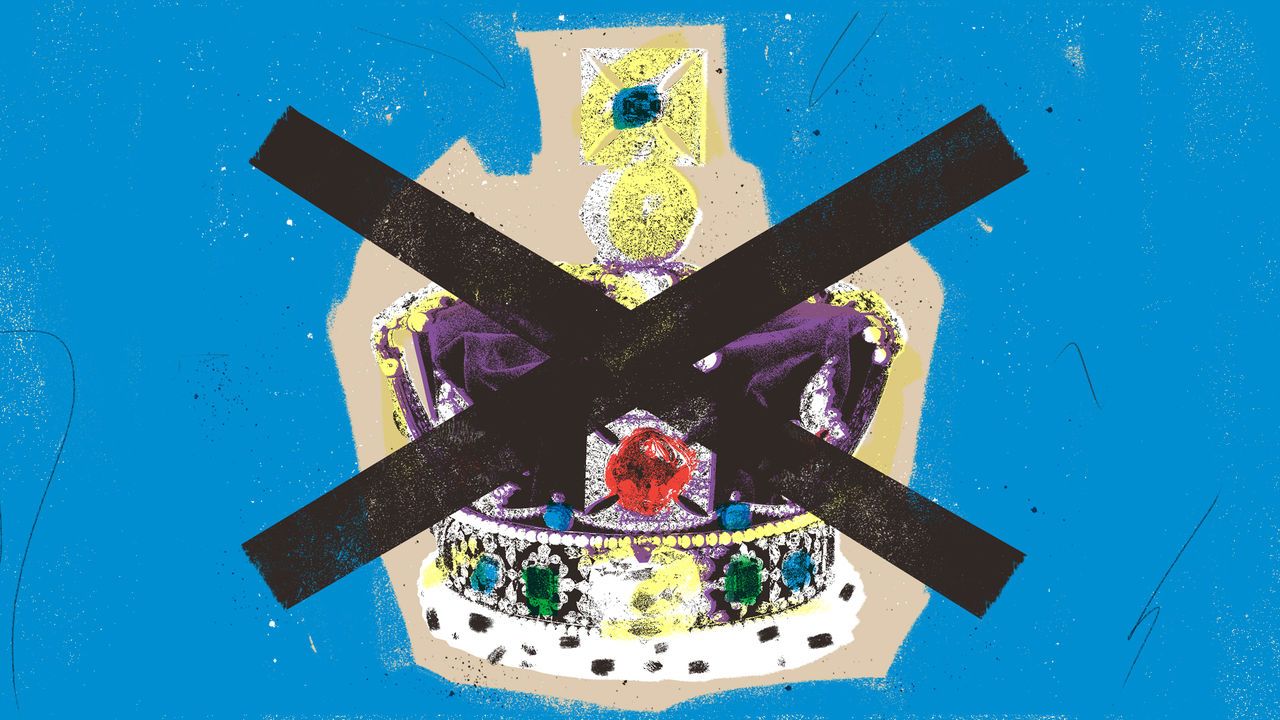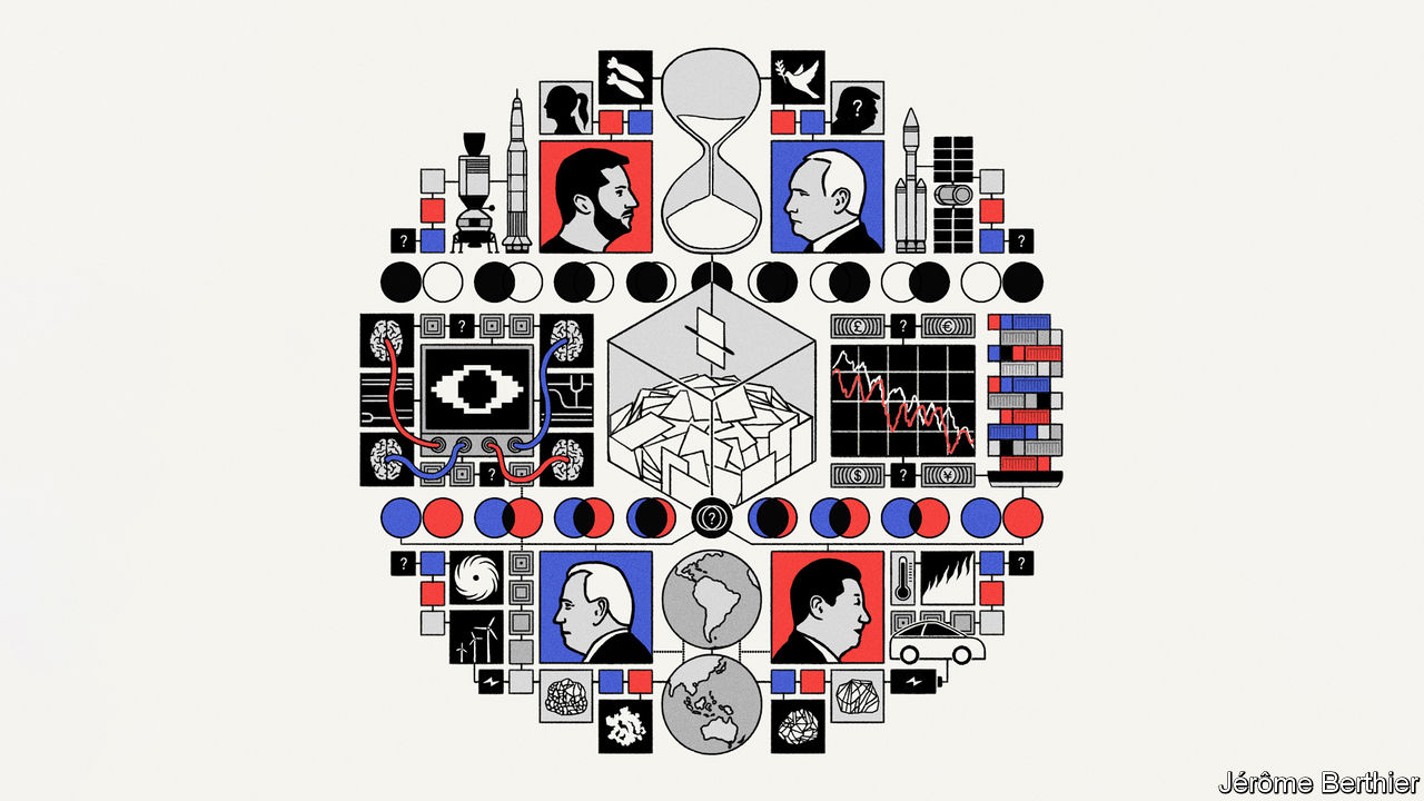Which Commonwealth realms might ditch King Charles III?
A new wave of republicanism is gathering

By Catherine Nixey
Can you name the King of Tuvalu? Or of Papua New Guinea? Or Belize? Probably not. How about the King of Canada? That one’s easier. It’s also a clue. For they are all King Charles III. Never a man short of titles (he has also, at various times, been the “Great Steward of Scotland” and the Tolkienish “Lord of the Isles”, and is currently “Defender of the Faith”), Charles III is the head of 15 realms including Australia, the Bahamas and Grenada. A third of the world’s monarchies have him as their king. For now, at least.
In 2024 some will start trying to change that. In the coming year, Jamaica hopes to hold a referendum on kicking Charles out. Australia expects to hold nationwide consultations on becoming a republic. Increasing discontent will also be heard in realms like Antigua and Barbuda (which has promised a referendum on the royals within two years) and Belize.
This burst of republicanism creates several problems. It is a minor problem for the royals (who care a bit about all this) and for the British government (which does not, but must pretend to). But chiefly it is a problem for anyone trying to work out what is happening with Britain’s monarchy. Because it is fiendish.
The monarchy has never been easy to understand. It is governed by laws and customs dating back a millennium or more that cover everything from the king’s power over Britons (minimal) to his power over swans (maximal, provided they are mute and in the River Thames). It even governs what his queen is allowed to think about (anything she likes, apart from her king’s death, for that is high treason). Understanding all that, however, is a doddle compared with understanding the tangle of laws and customs governing the monarchy abroad. This, says Sathnam Sanghera, author of “Empireland: How Imperialism Has Shaped Modern Britain”, is “incredibly confusing”.
One source of confusion is how the Commonwealth fits in. In practice, it doesn’t. Today it is little more than a club with occasional sports days. To leave the Commonwealth, all a country needs is “a letter…on headed notepaper”, says Philip Murphy, a historian at the University of London. But kicking out a king is constitutional. It is far more complicated and may need referendums—which, as Britons know, can backfire. That may be putting some countries off.
Still, the process is gathering pace. And if countries do kick Charles out, many people will be relieved—including, possibly, some royals. As Prince Philip once told journalists in Canada: “We don’t come here for our health.” If countries did want rid of them, he added, then “let’s end the thing on amicable terms.” In 2024, those terms may start to be drawn up. ■
Catherine Nixey, Britain correspondent, The Economist
This article appeared in the Britain section of the print edition of The World Ahead 2024 under the headline “Throne out?”
